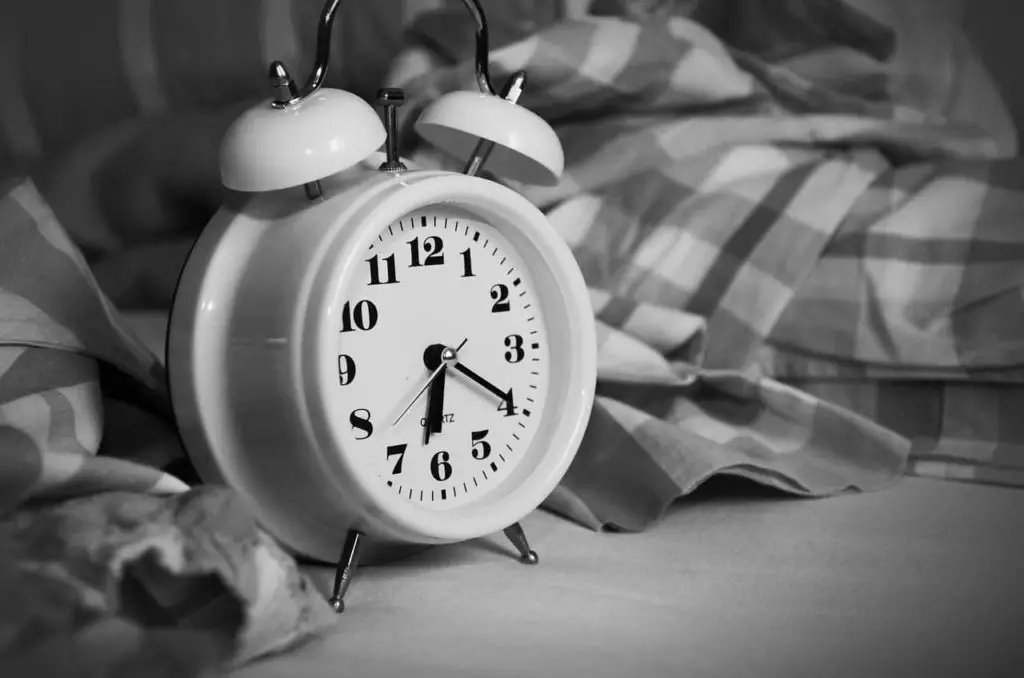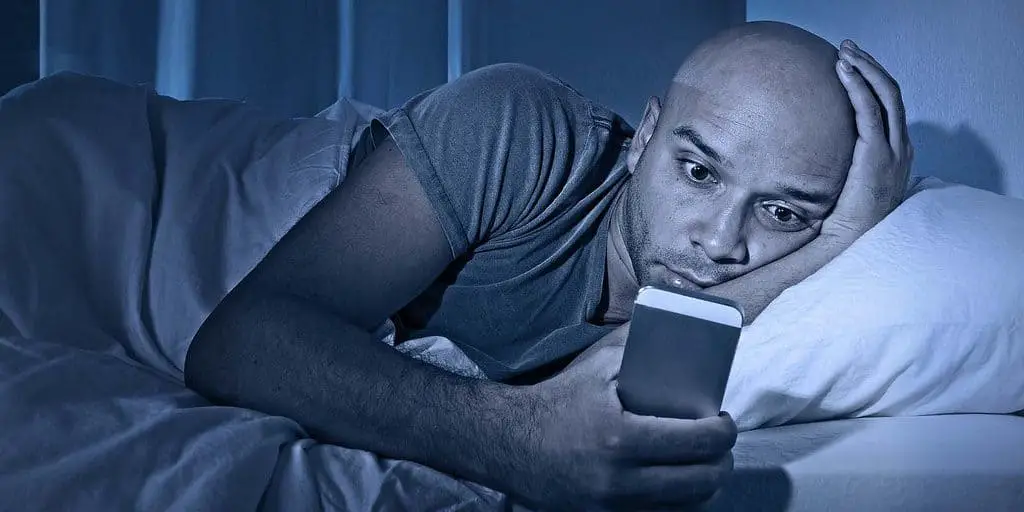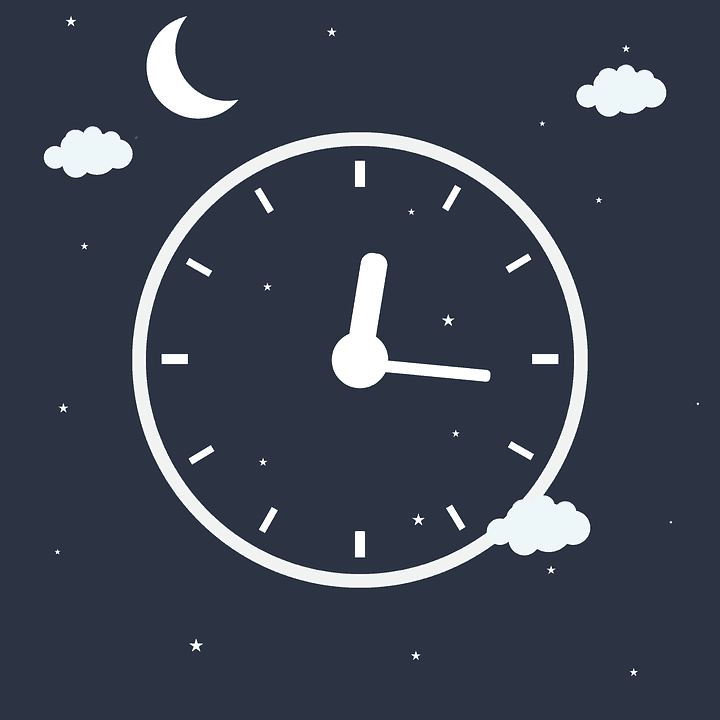You are probably not sleeping as much as you think you are.
You go to bed at 10pm and wake up at 6am but you still feel tired and poorly rested despite spending 8 hours in bed.
The problem is that you probably didn’t spend all that time asleep. You may have actually slept for just 5-6 of those 8 hours.
This happens to a lot of people mostly because of insomnia. You go to bed early but fall asleep a couple of hours later.
If that’s the case with you, you have what sleep experts call low sleep efficiency and it is affecting your sleep quality.
What is Sleep Efficiency?

Sleep efficiency is the percentage of time that you are actually asleep when lying in bed. You can also say it is the ratio of the time you are asleep to the total time you spend in bed.
So let’s say you went to bed at 10pm and woke up at 6am. That’s 8 hours in bed.
But maybe you browsed your phone for an hour while lying in bed and then spent the next hour trying to force yourself to sleep.
So out of 8 hours, you slept for 6. Your sleep efficiency for the night was 6/8*100, which is 75%. It could be even lower since you probably woke up a couple of times during the night.
According to sleep experts, the ideal sleep efficiency should be 85% or higher.
If you can hit an efficiency of 90% or more, then you are a very good sleeper. It means you fall asleep within minutes of getting into bed and you stay asleep for most of the night.
With a 90% efficiency score, you should have been awake for only 48 minutes of your 8-hour bedtime.
You’ll feel more rejuvenated and relaxed than someone who achieved a 70% efficiency score (2hrs 24mins awake out of 8hrs in bed).
Why is sleep efficiency so important anyway?
Because it is directly related to your sleep quality.
A high score means you are sleeping well. A low score tells you that you should work at improving your sleep quality. It’s usually a sign of insomnia or some other sleep disorder.
How to Measure Your Sleep Efficiency
Sleep efficiency is often measured by sleep doctors during a sleep study.
If you have a sleep disorder, your doctor may refer you to a sleep specialist. They will then observe you for a night (or several) in what is called a sleep study.
One of the things they measure to diagnose your condition is sleep efficiency.
They have all sorts of machines and sensors to precisely observe and measure your sleep and wake periods (while in bed). This allows them to get an accurate score of your sleep efficiency.
But you can also try to measure your own sleep efficiency at home. It will not be as accurate but it will give you a rough idea of how well you are sleeping.
The easiest way to do this is by using a sleep tracker. This can be a sleep-tracking app or a fitness tracker that also monitors your sleep.
These trackers calculate the total amount of time you are restless in bed and the total amount of time you are asleep.
Some will actually give you the sleep efficiency score while with others you have to calculate it yourself from the sleep metrics provided.
If you have to crunch the numbers yourself, simply take the total time spent asleep, divide it by the total amount of time you spent in bed and multiply it by 100.
Track your sleep efficiency score over several weeks to see how it changes in respect to your stress levels, sleep routine and other factors.
How to Increase Your Sleep Efficiency

- Shut down all devices an hour before going to bed. These gadgets produce blue light which interferes with your brain's ability to put you to sleep. But it’s not just about the light; the emotions stirred up as you browse social media or news sites can keep you awake for longer.
- Optimize your sleeping environment. Make sure the bedroom is cool, quiet and dark. You can also listen to sleeping sounds to help you sleep faster.
- Make sure your bed itself is comfortable. If your mattress is worn out, take a look at our best online mattress reviews to find a comfortable, cool and supportive mattress.
- Adjust your bedtime. If it takes longer for you to fall asleep, sleep 15-30 minutes earlier than usual so that you still get close to the recommended 7-8 hours of real sleep time.
- If you cannot sleep, get out of bed. The more you struggle to sleep, the more anxious you get and the more difficult it becomes to fall asleep. Your sleep efficiency score will get worse. Get out of bed and focus on something else like reading or writing until you feel sleepy.
Affiliate Disclosure
Affiliate Disclosure: I may earn a small commission (at no cost to you) if you purchase a mattress after clicking a referral link or using a coupon code on this site. That said, all content and opinions on this site are my own and are NOT affected by these payments.
This site participates in the Amazon Services LLC Associates Program, an affiliate advertising program designed to provide a means for sites to earn advertising fees by advertising and linking to Amazon.com.
*Amazon and the Amazon logo are trademarks of Amazon.com, Inc, or its affiliates.

